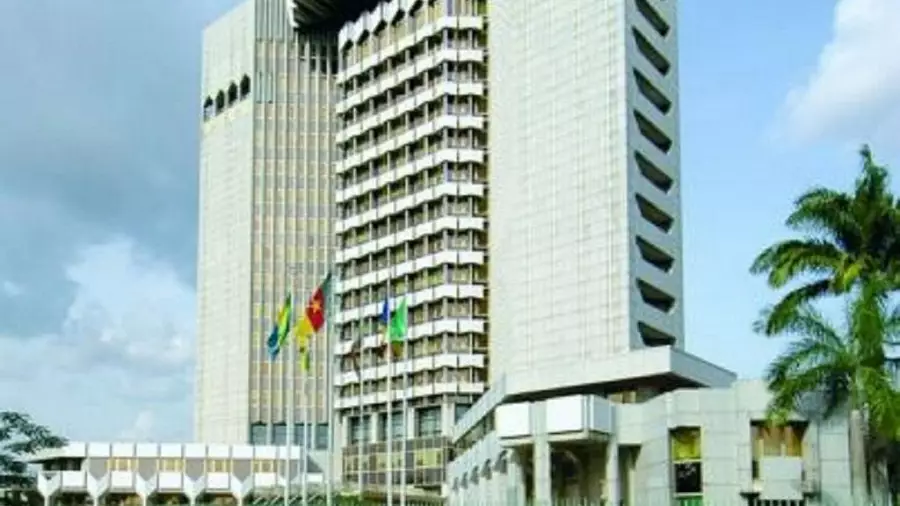
Central African Republic Court Kicks Against Citizenship Plan
- The Central African Republic has struggled with its economy since the mid-1960s.
The Central African Republic’s constitutional court has kicked against the government’s plans to initiate a citizenship purchase as part of its move to boost digital growth. According to reports, the court labelled the country’s plans to sell its citizenship and land using the newly-launched Sango coin as unconstitutional since it lacked market value.
The CAR launched its Sango token last month, which it said would attract investors and boost its economy. The country’s leadership also announced a series of incentives, including granting e-residency to token holders. The Sango coin is the second government-backed digital currency issued by an African nation. The CAR joins Nigeria in embracing a digital token of its own.
Under the citizenship by investment program, foreigners can purchase citizenship in the CAR for $60,000 in crypto. They would also be required to hold an equivalent amount of Sango tokens as collateral and return them after five years. Additionally, the e-residency costs $6,000, with the Sango tokens locked for three years.
Each Sango token would reportedly be partly backed by Bitcoin, which the CAR government officially recognized as legal tender this year. There are 210 million Sango tokens in supply. However, the CAR has not seen the turnout it hoped it would receive from its citizens and has reportedly extended the first sale cycle by roughly five weeks because fewer than 20 million Sango tokens have been claimed.
The Central African Republic has battled a declining economy since the mid-1960s. The country has sought several means to boost foreign presence and improve its economy, but all have yielded little result. The CAR’s president, Faustin-Archange Touadéra, believes the Sango coin will be a much-needed solution.
In a previous speech, the President stated that the Sango Coin would be crucial to the development of the African nation. According to President Touadéra, Sango Coin will also be a gateway to the Central African Republic’s natural resources.
Despite being praised as a smart strategy, the CAR’s foray into the digital token space has been met with significant resistance from both local and international bodies. For example, the Bank of Central African States, which regulates the Central African CFA franc, claimed that recognizing Bitcoin as a legal tender flouted local financial laws.
Global organizations like the International Monetary Fund (IMF) also criticized the decision, pointing out that the proper authorities were not appropriately acknowledged or consulted. However, President Touadéra appears unconcerned and is unwilling to give up on turning his country into a digital hub.







